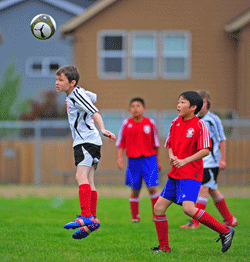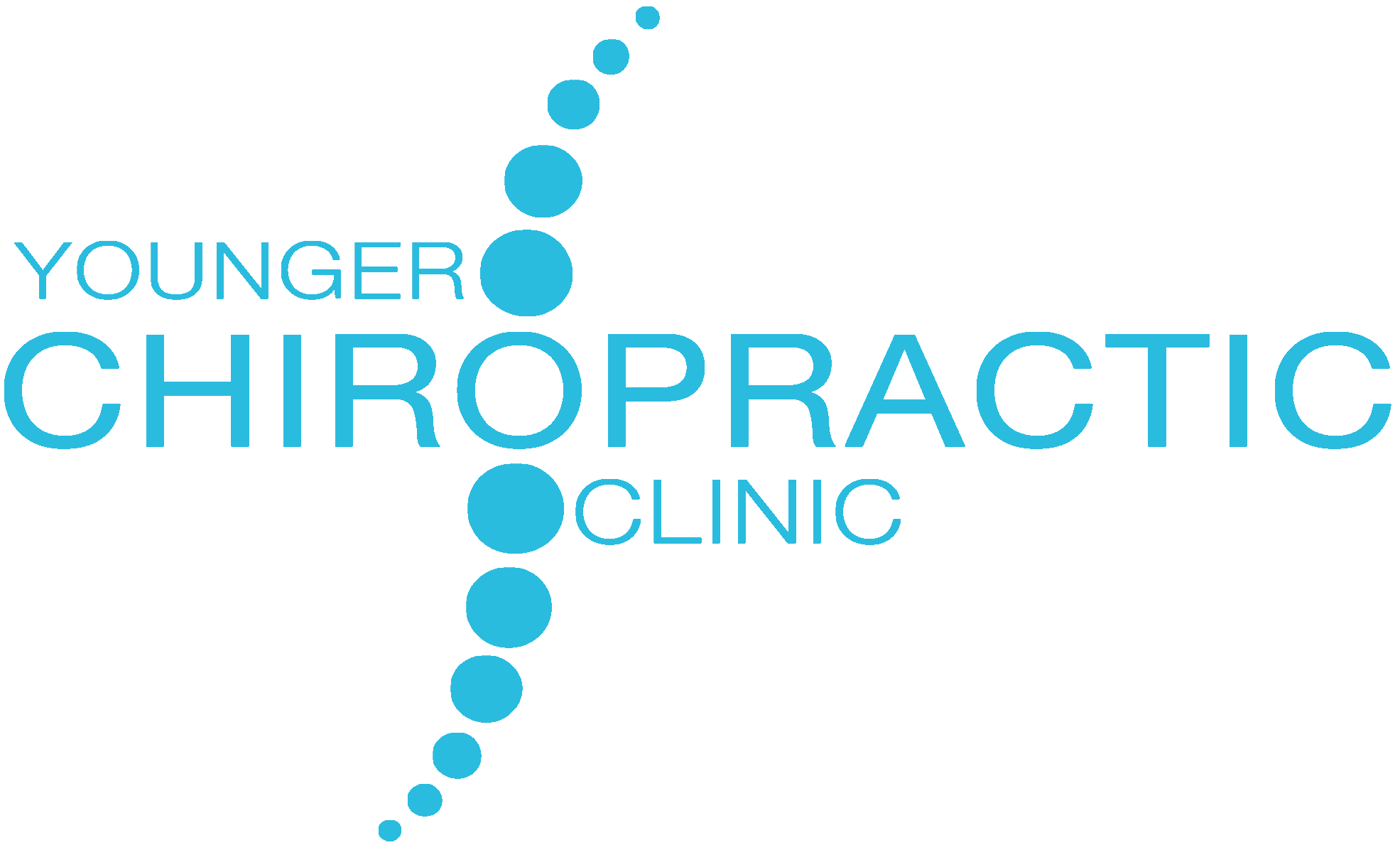
Sports concussions are common in soccer and football, and chiropractors can help. Photo by Dreamstime.
In the U.S., there are a minimum of 300,000 sport-related concussions per year. If your child is in contact sports, there’s a risk of the contact ending up in a concussion. In fact research suggests that the number of documented cases of concussions among children is on the rise, and is source of growing concern among soccer and football players.
Chiropractors may not be the first medical professional you imagine when it comes to concussion management, but many chiropractors are trained to spot the signs of a mild traumatic brain injury, and support the patient in a successful recovery. Two recent literature reviews outlined how chiropractors can effectively manage athletes with concussions.
Is Chiropractic Treatment Valid for Concussion?
Chiropractors are often the first health care provider to care for patients who are suffering from a head injury, such as those incurred in sports or car accidents. Chiropractors, especially ones who are certified additionally by the American Chiropractic Board of Sports Physicians, regularly manage athletes who suffer from concussions.
Chiropractors use a specific assessment tool called the Sport Concussion Assessment Tool 2 (SCAT2) to evaluate, assess, and manage concussions in athletes 10 years and older with the end goal of safely returning the athlete back to the sport. This assessment tool is used to evaluate symptoms, physical signs, Glasgow Coma Scale, sideline assessment using Maddocks score, cognitive assessment, balance, and coordination.
They understand that if certain symptoms are indicators that the neurological symptoms are worsening:
- Vomiting
- Blurred vision
- Stumbling
- Increased confusion
- Unconsciousness
- Dilated pupils
- Weakness in on arm/leg
- Worsening headache
Because a concussion is a brain injury caused by a direct blow to the head, neck or face, there’s a good chance that the blow has caused a misalignment of the cervical spine. This is similar to whiplash causing a misalignment of the cervical spine. A chiropractor can evaluate whether you demonstrate signs of neck injuries commonly associated with concussions, and provide you with relief of neck pain and cervicogenic headaches.
According to the literature reviews, one of the most important recommendations that a chiropractor will tell you what to do for concussion is this: If your child is in sports and suffers a blow to the head, and/or experiences signs of a concussion, do not let him continue playing the sport. He or she needs to rest until totally healed from the concussion. Only after symptoms subside is it time to get back into the game. Ease into the sports play again. Don’t expect to jump back in, full force. This will prevent the return of symptoms.
Additional guidelines your chiropractor will give you for concussion include no alcohol, aspirin, anti-inflammatory medications, and sleep agents should be taken. Use Tylenol for pain if necessary. Do not drive until you can return to the sport.
In the meantime, your chiropractor will care for your child’s cervical spine and condition. If your child needs to be referred out to another health professional, your chiropractor will let you know.
Now let’s ask the question again. Chiropractic for concussion? Absolutely?
Chiropractors can help with a range of other sports injuries, and one study even found that it was the most effective conservative method for reducing sports-related back pain.
References
Johnson, C.D., et al. Chiropractic and concussion in sport: a narrative review of the literature. Journal of Chiropractic Medicine 2013 (12):216-229.
Shane, E.R., et al. Sports Chiropractic management of concussions using the Sports Concussion Assessment Tool 2 symptom scoring, serial examinations, and graded return to play protocol: a retrospective case series. Journal of Chiropractic Medicine 2013 (12): 252-9.
